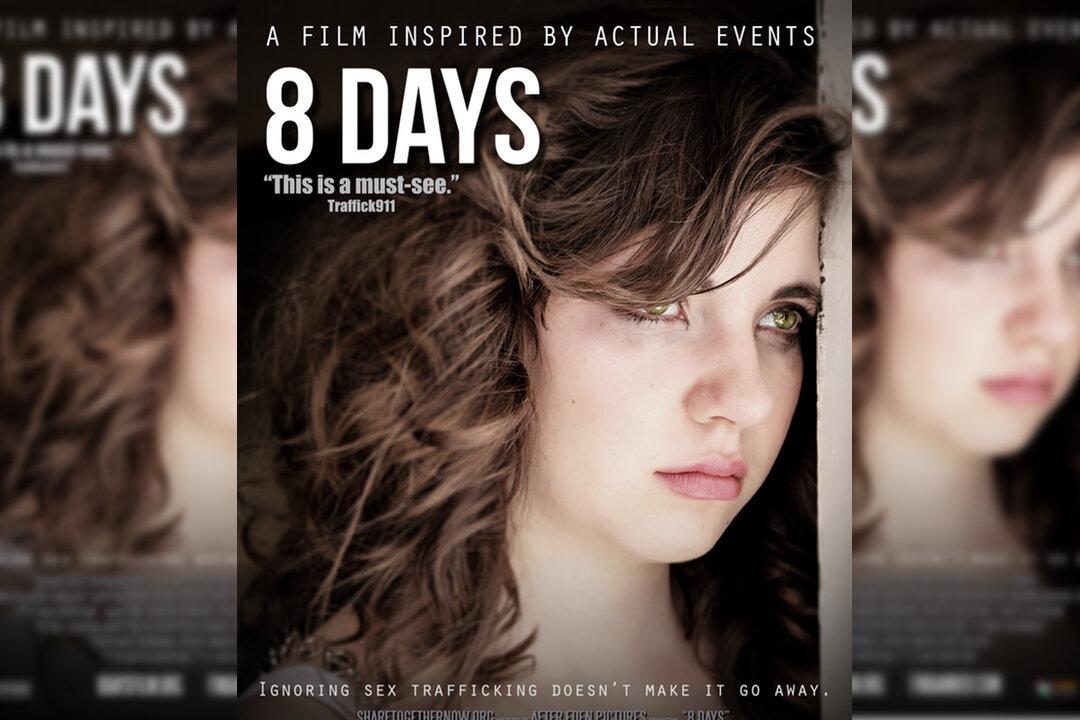As Epstein’s case keeps making the news and lurks over the American consciousness, an anti-sex trafficking activist and film director of a newly-released film on child sex trafficking points out a deep-rooted social problem that starts with the widespread culture of child pornography.
Jaco Booyens is the producer and director of the newly-released film, 8 Days, a feature film that talks about the hideous crime of child sex trafficking in the United States. Shot by a team of independent filmmakers at After Eden Pictures, the film is based on true events that depict modern-day sexual slavery in the country.





